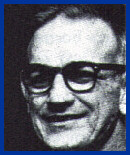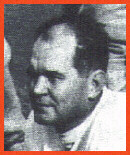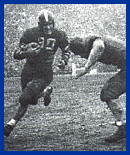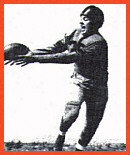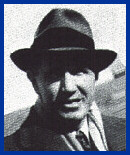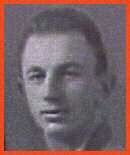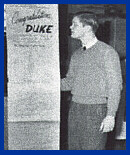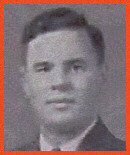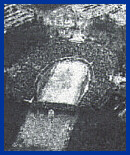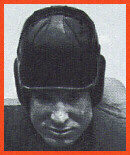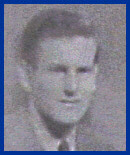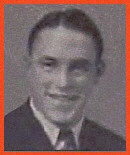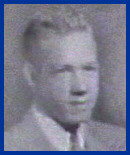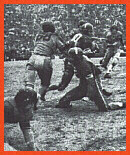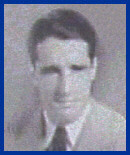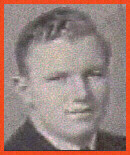
FRANK PARKER
Tackle / OSCParker served as a rifle platoon
leader with Company F of the 88th
Infantry Division, 349th Regiment.
"When war was declared, a bunch
of us left school to enlist," recalled
Parker. "Then (Coach) Lon Stiner
called me up and said, 'Get back
here and get eligible again. The
game has been transplanted to
Duke.'" While fighting in Italy in the
1944 Arno River campaign, Parker
came to the aid of wounded Charlie
Haynes of Easy Company, who had
played for Duke in the 1942 Rose
Bowl.
|
|
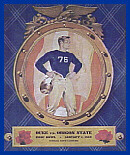
GAME PROGRAM
1942 Rose BowlThe 22-page 1942 Rose Bowl game
program sold for 25 cents. Included
with team rosters and player photos,
the program carried advertisements
for such products as Knox Gelatine
protein drink, Longines watches,
and Chesterfield cigarettes. Today,
collectors pay hundreds of dollars
for these programs, depending on
condition. The historic 1942 Rose
Bowl, the only one held away from
Pasadena, is also the only time ever
the Duke and Oregon State football
teams have played one another.
|
|
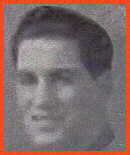
MARTIN CHAVES
Guard / OSCThe OSC coaching staff appointed
Chaves game captain for the 1942
Rose Bowl. Durham designated him
honorary mayor for the day, and the
entire Oregon State team enjoyed a
Christmas party organized by their
gracious Duke opponents. Chaves
won four football letters at OSC. He
returned after the war to play for the
1946 Beavers, another outstanding
OSC squad (the team's final record
was 7-1-1, losing only to UCLA, the
eventual conference champs). After
the Rose Bowl win over Duke, the
elated Chaves exclaimed, "Winning
in Durham was special. Someone
wins it in Pasadena every year!"
|

 Photo Gallery
Photo Gallery 


 Photo Gallery
Photo Gallery 

